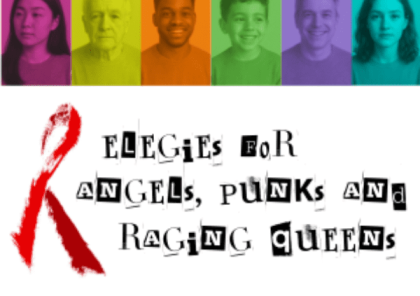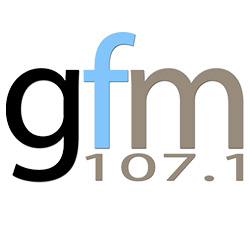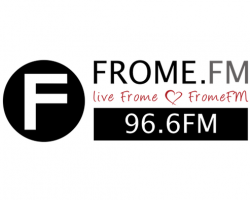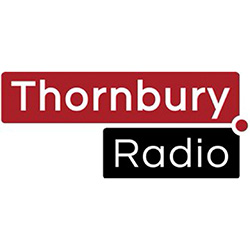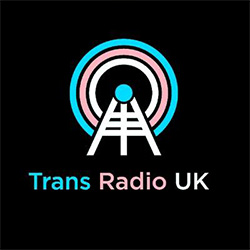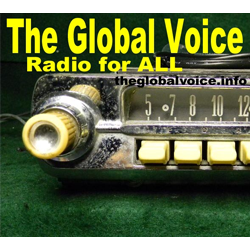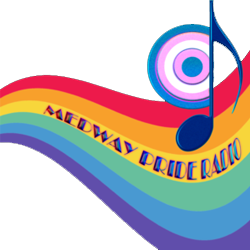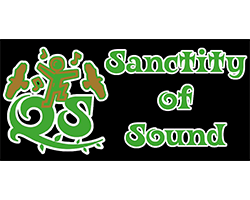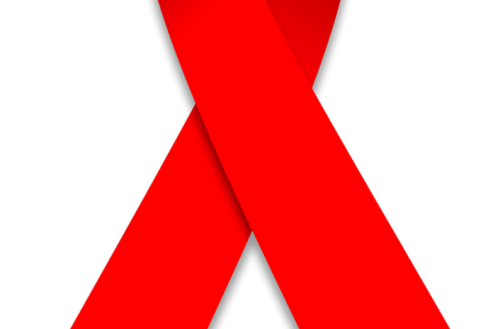
04/06/2020
Homophobes hated him. Often gay men found that they did not live up to his high ideals, and sometimes the LGBTQ movement generally did not know what to do with his anger. But Larry Kramer – Jewish, gay, HIV Positive and full of an incisive intelligence and wit, held us all to account. He has passed on at the age of eighty four, having founded several key organisations in the long story of the struggle for our freedoms. Gay Men's Health Crisis and the AIDS Coalition to Unleash Power both came into being as a direct result of Mr Kramer's efforts and they in turn led to a myriad of grass roots HIV, gay, lesbian and transgender campaigning organisation, ranging from the Transgender Menace Direct Action group to the Lesbian Avengers. Ultimately, his advocacy of direct action and civil disobdience to challenge the harsh realities of the American health care system revitalised the general protest movement and arguably, today ecological, social justice and black civil rights organisations have benefitted from Mr Kramer's intellect.
Even before the AIDS crisis beset the gay community and other groups such as IV drug users, Mr Kramer had earned himself a reputation within and without of the gay community. A 1969 screenplay for an adaptation of DH Lawrence's “Women in Love” was nominated for an academy award. But it was in 1973 that Mr Kramer began to look seriously at homosexual identity and the way in which gay men behave towards each other. “Four Friends” was a play which explored the themes that would underpin nearly every piece of writing and activism that Mr Kramer would subsequently write. “ Kramer called it a play about "cowardice and the inability of some men to grow up, leave the emotional bondage of male collegiate camaraderie, and assume adult responsibilities"
It was in 1978 that the novel “Faggots” was published and quickly become Kramer's most criticised work. Funnily enough, it was in that year that the first cases of what was then termed “junkie pneumonia” were documented in New York. “Faggots” held a mirror up to the society of the A list gays, partying at such resorts of Fire Island, and reflects a negative aspect of pre-AIDS gay culture, namely of body fanaticism, cruelty to fats and femmes, of drugs and emotionless sex. “Faggots” sent a shockwave through gay culture – just the first of many that Kramer would launch over the years to come. On the reception of the novel Kramer said: "The straight world thought I was repulsive, and the gay world treated me like a traitor. People would literally turn their back when I walked by. You know what my real crime was? I put the truth in writing. That's what I do: I have told the effing truth to everyone I have ever met." Faggots, however, became one of the best-selling gay novels of all time. It is still in print, and although it was initially removed from the shelves of gay bookstores worldwide for its portrayal of some gay men's lives, it has long since been reinstated and remains a winner in the gay book charts. "Faggots struck a chord," wrote the gay conservative blogger Andrew Sullivan, "It exuded a sense that gay men could do better if they understood themselves as fully human, if they could shed their self-loathing and self-deception....".
The themes that Larry Kramer would explore through the rest of his career were already in place, but despite the tone of “Faggots”, few could have predicted the horrors that were to come during the 1980's. But Mr Kramer was there from the start. Some friends of his were becoming ill as early as 1980, and in 1981 he invited a group to his flat to hear a doctor he knew make the claim that these mystery illnesses were linked. This was the birth of the ground breaking group “Gay Men's Health Crisis”, which became the blueprint for AIDS service delivery organisations throughout the States. At this early stage, however, the syndrome was poorly understood, and indeed did not even have a formal name, being referred to as GRID – Gay Related Immuno Deficiency – by a medical establishment searching in the dark.
It was perhaps inevitable, given Mr Kramer's militant and uncompromising style, that he would be too radical for the very group he had helped create, and even whilst GMHC were inspiring other gay health groups to set up across the United States, and soon afterwards, the Western World, Kramer was falling out with his new colleagues. In 1983, Kramer penned an open five thousand word article he wrote in the “New York Native”, a gay newspaper. It was portentous and powerful. If this article doesn’t scare the (censored) out of you, we’re in real trouble. If this article doesn’t rouse you to anger, fury, rage, and action, gay men may have no future on this earth. Our continued existence depends on just how angry you can get. Kramer lashed out a lot of people in government and the medical establishment, but this was an era in which entrenched homophobia saw quite mainstream religious leaders tell young LGBTQ people to kill themselves rather than have sex. For Kramer, the establishment were guilty of little short of mass murder, and whilst the body count piled up, he also pointed the finger at many gay and bisexual men themselves. ““I am sick of gay men who won’t support gay charities. Go give your bucks to straight charities, fellows, while we die.”
Wikipedia records that Mr Kramer even threw a drink in the face of Republican fundraiser Terry Dolan during a party and screamed at him for having affairs with men but using the fear of homosexuality to raise money for conservative causes. As a result of several confrontations of this type, GMHC felt that it had to sever its formal links with Kramer, although unofficially, many of its activists continued to be inspired by him. This however, just freed Mr Kramer up to pursue other avenues of protest and activism.
Although he had said he would no longer write for theatre, an extended sabbatical in Europe led to the emergence of the 1985 play The Normal Heart. It deals with the early years of the pandemic and looks at the behaviour of gay leaders, the establishment and even Kramer himself. The play is considered a literary landmark. It contended with the AIDS crisis when few would speak of the disease afflicting gay men, including gays themselves; it remains the longest-running play ever staged at the Public Theater, running for a year. It has been produced over 600 times in the U.S., Europe , Israel, and South Africa. Brad Davis, who would himself pass on from an HIV related illness in 1991, was the lead actor for the first run of the Normal Heart.
Which brings us to ACT UP. Once again, Kramer acted as a catalyst, when he spoke at the New York Lesbian and Gay Centre as part of an ongoing series of speakers. Mr Kramer posed the question whether a new action group was required to fight AIDS and fight the system that had made such a mess of dealing with the health emergency. The answer of the audience was given when the following week, the community centre hosted some three hundred people to forge a new direct action campaign group, the AIDS Coalition to Unleash Power.
Larry Kramer continued to act as a touchstone for gay politics over the following thirty years, publishing plays, essays and open letters excoriating the enemies of our community, but also our ourselves for the way in which many of us do not face up to the potential we have within us.
Perhaps Larry Kramer's legacy is not yet fully realised. A clutch of books in recent years have addressed what one titled “The Velvet Rage”, that is the anger that many gay and bisexual men feel and have been carefully taught to direct inwards at each other rather than at oppressive insitutions. Kramer's message, that we can do better, that united, we can overcome straight supremacy, is still resonanting now, and as the United States once again burns, his witty, incisive anger seems more poetic and prescient than ever.


